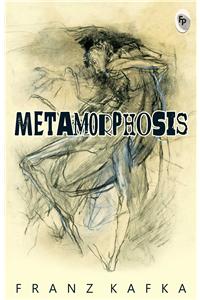সর্বাধিক বিক্রিত বই
Loading popular products...
|
Title |
Aranyak (Seagull) |
|
Author |
Bibhutibhushan Bandyopadhyay |
|
Publisher |
Seagull Books |
|
Number of Pages |
260 |
|
Language |
English (US) |
|
Category |
|
|
First Published |
DEC 2017 |
Delivery Charge (Based on Location & Book Weight)
Inside Dhaka City: Starts from Tk. 70 (Based on book weight)
Outside Dhaka (Anywhere in Bangladesh): Starts from Tk. 150 (Weight-wise calculation applies)
International Delivery: Charges vary by country and book weight - will be informed after order confirmation.
3 Days Happy Return. Change of mind is not applicable
Multiple Payment Methods: Credit/Debit Card, bKash, Rocket, Nagad, and Cash on Delivery also available.








?unique=7b26d8e)

































